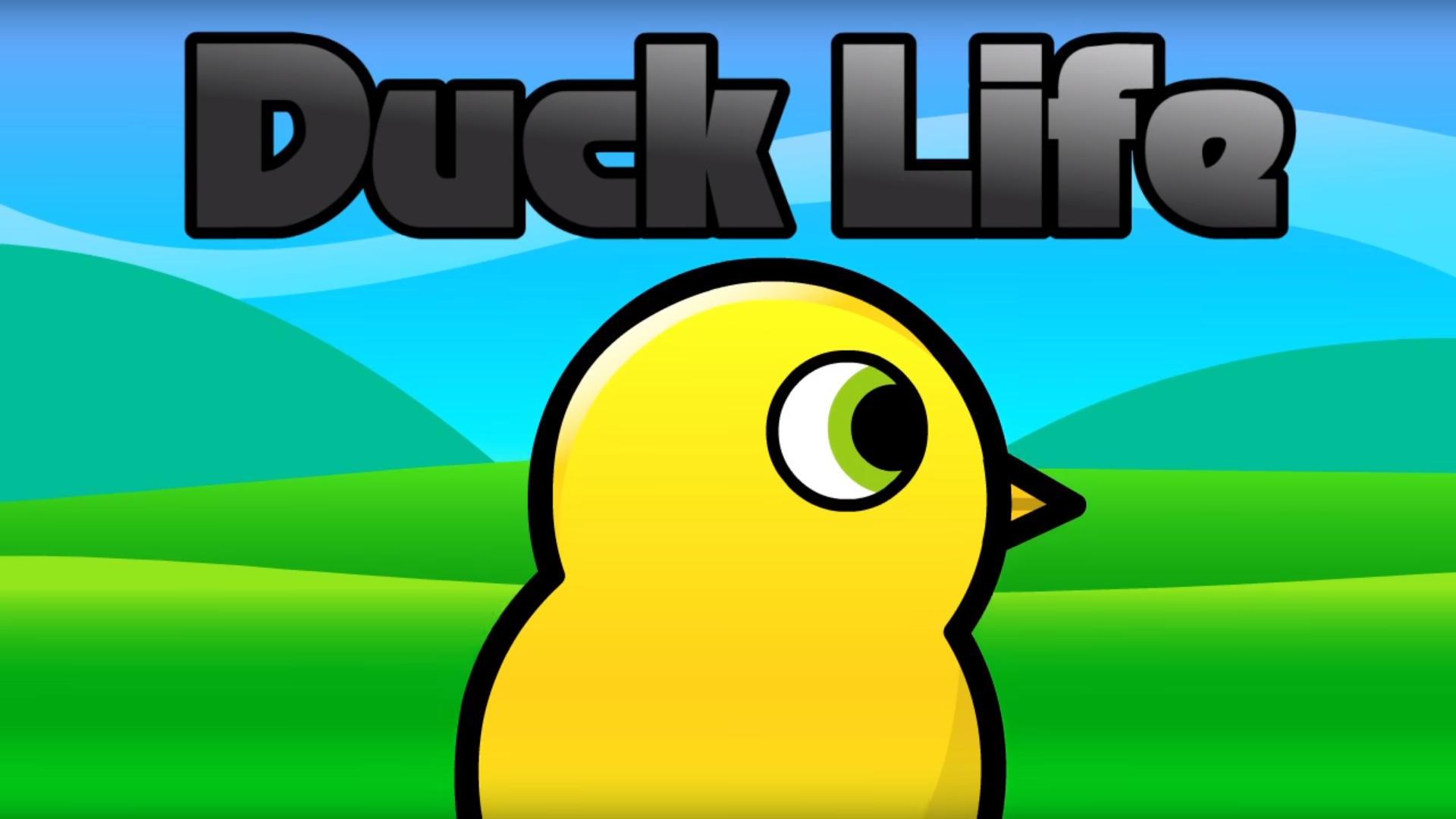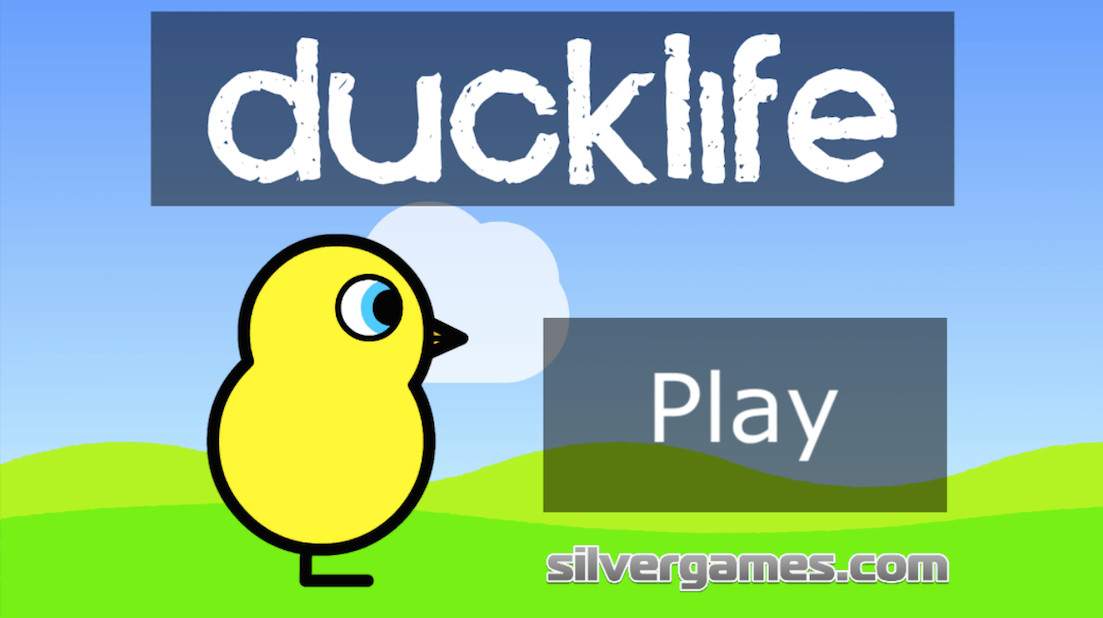Have you ever stopped to wonder what it’s really like to live life as a duck? Imagine gliding through serene ponds, quacking with your buddies, and diving into an underwater adventure at a moment’s notice. Duck life might seem simple from the outside, but there’s so much more to it than meets the eye. If you’re curious about the world of ducks and what makes their lives so fascinating, you’re in the right place.
We’re diving deep into the life of these feathered creatures, uncovering everything from their quirky habits to their incredible survival skills. Whether you’re a nature enthusiast or just someone who loves ducks, this article will give you a fresh perspective on why ducks deserve more than just a quick glance at the park pond.
So grab your virtual binoculars, because we’re about to take a closer look at duck life, and trust me—it’s far more exciting than you think. Let’s get started!
Read also:Ott Platforms The Gamechanger In Modern Entertainment
Table of Contents
- Introduction to Duck Life
- The Biology of Ducks
- Where Ducks Call Home
- Behavioral Patterns in Duck Life
- What’s on the Duck Menu?
- Duck Reproduction: A Love Story
- Facing the Threats: Duck Predators
- The Great Duck Migration
- Conservation Efforts for Ducks
- Interesting Facts About Duck Life
- Wrapping Up: Why Ducks Matter
Introduction to Duck Life
When most people think of ducks, they picture those cute little birds floating on the water, quacking away like it’s their job. But duck life is actually pretty complex, and there’s a lot more to it than just paddling around ponds all day. Ducks are some of the most adaptable creatures on the planet, and their ability to thrive in almost any aquatic environment is nothing short of amazing.
Duck life revolves around water, and it’s where they spend most of their time. From feeding to socializing, ducks have developed incredible skills to make the most out of their aquatic surroundings. They’re not just about swimming though—ducks are also known for their impressive flying abilities and migratory patterns. So, while they may seem like simple creatures, ducks are actually quite remarkable in their own right.
The Biology of Ducks
What Makes Ducks Unique?
Let’s talk biology for a sec. Ducks belong to the family Anatidae, which also includes geese and swans. One of the coolest things about ducks is their waterproof feathers. How do they pull that off? Well, ducks have an oil gland near their tail that they use to spread oil all over their feathers. This keeps them dry and buoyant while they swim. Imagine being able to stay dry even when you’re soaking wet—that’s some next-level duck magic right there.
Another interesting feature is their webbed feet. Those little paddles are perfect for gliding through water with ease. Plus, ducks have a super-efficient respiratory system that allows them to dive deep underwater without running out of breath. It’s like they’re built for aquatic adventures, and honestly, they’re kind of the ultimate water warriors.
Where Ducks Call Home
Exploring Duck Habitats
Ducks can be found in a wide variety of habitats, from freshwater lakes to saltwater marshes. They’re incredibly adaptable, which means they can thrive in almost any environment as long as there’s water nearby. Some ducks prefer the tranquility of secluded ponds, while others enjoy the hustle and bustle of city parks. It’s all about finding the perfect spot to meet their needs.
Read also:Subscription Models The Ultimate Guide To Unlocking Value And Growth
One thing that’s super important for duck life is the availability of food. Ducks need access to plants, insects, and small fish to stay healthy. That’s why you’ll often find them hanging out near areas with abundant vegetation and aquatic life. It’s like their own personal buffet, and they’ve got it down to a science.
Behavioral Patterns in Duck Life
How Ducks Socialize
Ducks are social creatures, and they love to hang out in groups. You’ll often see them quacking and splashing around together, and it’s not just for fun—they’re actually communicating with each other. Ducks use a variety of sounds and body language to interact, and it’s fascinating to watch them in action.
Another interesting behavior is their mating rituals. Ducks are known for their elaborate courtship displays, where males try to impress females with their colorful plumage and fancy moves. It’s like a duck version of a dance-off, and it’s pretty entertaining to watch. Once they’ve paired up, ducks often stick together for the season, working together to build nests and raise their ducklings.
What’s on the Duck Menu?
The Dining Habits of Ducks
So, what exactly do ducks eat? Well, it depends on the species, but most ducks are omnivores, meaning they eat both plants and animals. Their diet typically includes things like seeds, aquatic plants, insects, and small fish. Some ducks are even known to eat snails and other tiny creatures. It’s like they’ve got their own little grocery list, and they’re always on the lookout for the best deals.
Interestingly, ducks have a special adaptation that helps them eat. They’ve got these little serrations on the edges of their bills, which allow them to filter food from the water. It’s like having a built-in strainer, and it makes their feeding process super efficient. Plus, they can dive underwater to grab food that’s hiding out of sight. Talk about multitasking!
Duck Reproduction: A Love Story
From Courtship to Nesting
Reproduction is a big part of duck life, and it starts with courtship. Male ducks, or drakes, put on quite a show during mating season, flaunting their vibrant feathers and performing elaborate displays to win over the ladies. Once a pair has formed, they’ll work together to build a nest, usually near the water’s edge.
The female duck, or hen, is responsible for laying the eggs and keeping them warm until they hatch. Ducklings are born ready to go, with their eyes open and their downy feathers keeping them warm. Within a day or two, they’re already following their mom around, learning the ropes of duck life. It’s a pretty amazing process, and it shows just how dedicated ducks are to raising their young.
Facing the Threats: Duck Predators
Who’s After Our Feathered Friends?
Unfortunately, duck life isn’t all sunshine and rainbows. Ducks face a variety of predators, both on land and in the water. Animals like foxes, raccoons, and birds of prey are always on the lookout for an easy meal, and ducks have to stay alert to avoid becoming dinner. That’s why they’ve developed some pretty impressive defense mechanisms.
One of the ways ducks protect themselves is by sticking together in large groups. There’s safety in numbers, and it makes it harder for predators to single out an individual. Ducks also rely on their speed and agility to escape danger, whether they’re flying away or diving underwater. It’s like they’ve got a built-in alarm system, and they’re always ready to take action.
The Great Duck Migration
Why Ducks Migrate
Migration is a huge part of duck life, especially for species that live in colder climates. When the weather starts to get chilly, ducks know it’s time to head south in search of warmer waters. They’ll travel hundreds, sometimes even thousands, of miles to reach their destination, and it’s an incredible feat of endurance.
What’s really fascinating is how ducks navigate during migration. They use a combination of visual cues, the Earth’s magnetic field, and even the position of the stars to find their way. It’s like they’ve got their own GPS system, and it’s incredibly accurate. Once they’ve reached their wintering grounds, ducks settle in and enjoy the warmer weather until it’s time to head back north in the spring.
Conservation Efforts for Ducks
Protecting Our Feathered Friends
Conservation is crucial for ensuring the survival of duck populations. Habitat loss, pollution, and climate change are all threats that ducks face, and it’s up to us to help protect them. Organizations around the world are working hard to preserve wetlands and other important duck habitats, and they’re also educating people about the importance of conservation.
One of the ways you can help is by supporting conservation programs and volunteering your time to assist with habitat restoration projects. You can also make a difference in your own backyard by creating a duck-friendly environment, with plenty of water and native plants. Every little bit helps, and together we can ensure that duck life continues to thrive for generations to come.
Interesting Facts About Duck Life
Did You Know?
- Ducks can sleep with one eye open, keeping the other eye closed to rest. This allows them to stay alert for predators while still getting some shut-eye.
- Some species of ducks can fly at speeds of up to 60 miles per hour, making them some of the fastest birds in the sky.
- Ducklings are able to swim within hours of hatching, thanks to their natural buoyancy and waterproof feathers.
- Male ducks molt their colorful breeding plumage after mating season, trading it in for a more subdued look. This helps them blend in with their surroundings and avoid predators.
These fun facts just scratch the surface of what makes duck life so fascinating. There’s always something new to learn about these amazing creatures, and the more we know, the better we can protect them.
Wrapping Up: Why Ducks Matter
As we’ve seen, duck life is full of surprises and wonders. From their incredible adaptations to their important role in ecosystems, ducks are truly remarkable creatures. They remind us of the beauty and complexity of the natural world, and they inspire us to take action to protect it.
So the next time you see a duck, take a moment to appreciate all the amazing things they do. And if you’re feeling inspired, consider getting involved in conservation efforts to help ensure that ducks continue to thrive. After all, duck life is worth preserving, and it’s up to all of us to make sure it happens.
Now it’s your turn! Share your thoughts in the comments below or spread the word by sharing this article with your friends. Together, we can make a difference for our feathered friends. Quack on, everyone!


